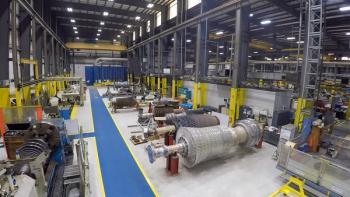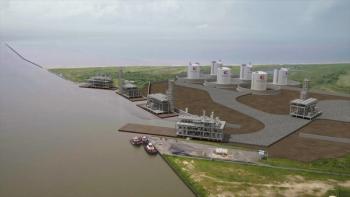
NET ZERO ENERGY INDEPENDENCE
HOSTILE MOVES AGGITATE STRUGGLING OIL & GAS SECTOR
The new world energy map requires nations to take the issue of self-reliance seriously. One of the biggest institutions in aid of that goal, the Oil & Gas sector, is being largely shelved in favor of a Green New Future by the West. The East is taking this news to heart and ramping up production to meet and, in some cases, exceed requirements. Responsibility for the environment is an admirable ambition but requires caution to be successful in the long term. Let’s take a look at some obstacles preventing Oil & Gas from being the steady energy machine it could be.
Norway’s parliament has officially voted to postpone the licensing of new oil and gas exploration permits until the end of their reign, which will persist until 2025. This means that companies will be unable to lawfully explore new oil and gas opportunities in frontier areas under the Kingdom’s jurisdiction until after September of that year. This is just another blow to the already overburdened and overworked Oil & Gas global energy network. With no new sources, the country will find itself lagging behind in terms of ramping up production. With the conversation shifting towards energy independence, the consequences of aggressively green policies will soon be due. This decision hampers Norway’s ability to grow its energy sector responsibly. One positive is, they will produce less theoretical carbon emissions as a result.
The US is also taking jabs at Oil & Gas. Since the current administration was elected, federal omnipresence of the industry is much more obvious. A recent proposal by the Department of Interior’s Bureau of Land Management limits gas flaring on federal land and asks energy companies to become more aware of methane leaks. Drilling operations will suffer if it’s put into practice, and analysis suggests that the adamant green government is certain to enforce these measures. This is on top of previously discussed methane troubles from our November/December 2022 issue, and other reporting on measures put out in legislation such as the Inflation Reduction Act. While it can provide efficiency gains by reducing natural gas waste from venting, flaring, and leaks, it will also raise the overhead costs of oil & gas operations if approved.
Q3 2022 saw a significant reduction in Oil & Gas contracts worldwide, with 7% less signed compared to Q2 2022, according to a recent report. It found that while the overall value of those contracts increased, the quantity went down. This 7% reduction translates to 120 less contracts signed, with a value gained of 8.9 BUSD more. What this indicates is, companies are consolidating investment into these crucial sectors, and making big purchases on safe contracts that have a better chance of turning over higher yields.
Another area finding trouble is the UK. According to the country’s department for Business, Energy & Industrial Strategy, since the early 2000s, North Sea production has fallen by roughly 33%. Continued activity conflicts with the UK’s net zero carbon emissions goals.
Activist groups in the region are protesting the government’s recent efforts to maintain current levels and are calling for an all-out cessation of activity. Even if current levels were to increase, it wouldn’t make much of a dent. Experts say that the activity levels for drilling into the UK’s Continental Shelf are significantly less than what is needed to meet demand. Same goes for reserves. This is yet another case of energy dependence in the making, and it unfortunately follows a global trend which sees more market power taken away from smaller operators and shelved away to a select few. Russia, USA, Qatar, Saudi Arabia, and others.
The mystery to solve is how can we maintain climate neutrality without surrendering energy independence, and do so at a sensible cost? Nobody seems to have found a great answer yet. It’s a story worth following closely as more awareness is given to the need for traditional Oil & Gas energy production in tandem with newer, more sustainable technologies.
Newsletter
Power your knowledge with the latest in turbine technology, engineering advances, and energy solutions—subscribe to Turbomachinery International today.




